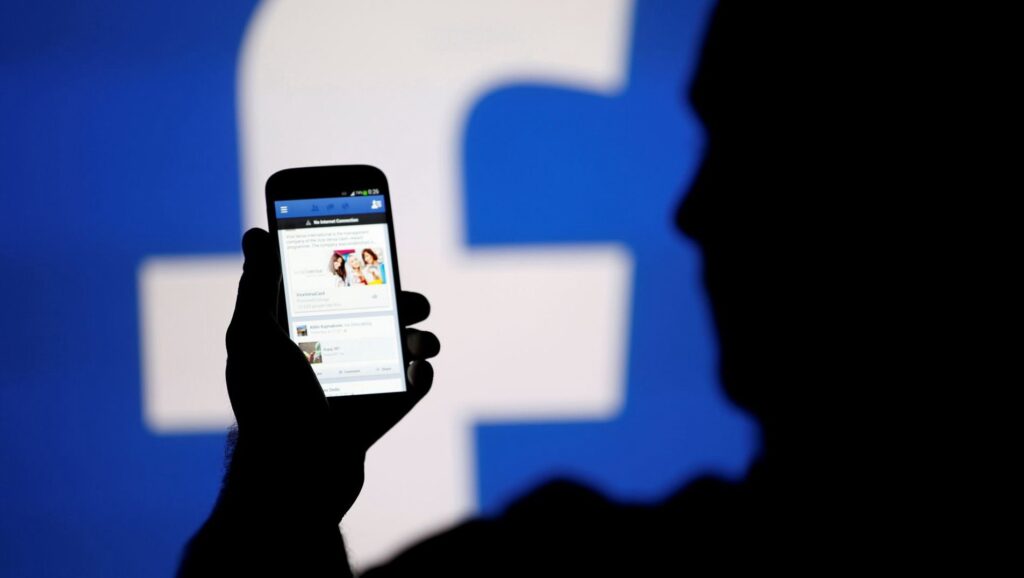An international network of spammers are posting AI-generated images of Holocaust victims on Facebook, a BBC investigation into AI slop has found. Organizations dedicated to preserving the memory of the Holocaust say the images are leaving survivors and families distressed. They have also criticized Facebook's parent company Meta for allowing users on its platform to turn the atrocity into an emotional game. There are only a handful of genuine photos from inside the Auschwitz concentration camp during World War Two.
In recent months, however, AI spammers have posted fake images purporting to be from inside the camp, such as a prisoner playing a violin or lovers meeting at the boundaries of fences, attracting tens of thousands of likes and shares. Pawel Sawicki, a spokesperson for the Auschwitz Memorial in Poland, expressed dismay, stating, Here we have somebody making up the stories… for some kind of strange emotional game that is happening on social media. This is not a game. This is a real world, real suffering and real people that we want to and need to commemorate.
Furthermore, the BBC tracked many of these images to accounts of a network of Pakistan-based content creators who collaborate closely on monetizing content. One account claimed to have earned $20,000 through social media monetization schemes, posting numerous AI-generated photos of fictional Holocaust victims and fabricated stories. This form of content, dubbed AI slop, refers to low-quality AI-generated images and text, often shared extensively to gain viewership.
The rising tide of such false representations has worried the Auschwitz Memorial, which has warned that these images distort historical truths and disrespect the memories of those who suffered. Survivors and families have expressed confusion and distress over the wave of fake representations infiltrating social media, leading to fears of diminishing the truth and gravity of Holocaust history in public consciousness.
Amid the chaos, Meta has stated that fake images did not violate its policies and is investigating some deceptive practices. However, it is clear that the issue of authenticity and respect for historical events like the Holocaust demands a more serious approach in online platforms. Dr. Robert Williams from the International Holocaust Remembrance Alliance pointed out that the spreading of fake images could contribute to a sense that Holocaust history is somehow fabricated, stressing the need for vigilance against this trend.
In recent months, however, AI spammers have posted fake images purporting to be from inside the camp, such as a prisoner playing a violin or lovers meeting at the boundaries of fences, attracting tens of thousands of likes and shares. Pawel Sawicki, a spokesperson for the Auschwitz Memorial in Poland, expressed dismay, stating, Here we have somebody making up the stories… for some kind of strange emotional game that is happening on social media. This is not a game. This is a real world, real suffering and real people that we want to and need to commemorate.
Furthermore, the BBC tracked many of these images to accounts of a network of Pakistan-based content creators who collaborate closely on monetizing content. One account claimed to have earned $20,000 through social media monetization schemes, posting numerous AI-generated photos of fictional Holocaust victims and fabricated stories. This form of content, dubbed AI slop, refers to low-quality AI-generated images and text, often shared extensively to gain viewership.
The rising tide of such false representations has worried the Auschwitz Memorial, which has warned that these images distort historical truths and disrespect the memories of those who suffered. Survivors and families have expressed confusion and distress over the wave of fake representations infiltrating social media, leading to fears of diminishing the truth and gravity of Holocaust history in public consciousness.
Amid the chaos, Meta has stated that fake images did not violate its policies and is investigating some deceptive practices. However, it is clear that the issue of authenticity and respect for historical events like the Holocaust demands a more serious approach in online platforms. Dr. Robert Williams from the International Holocaust Remembrance Alliance pointed out that the spreading of fake images could contribute to a sense that Holocaust history is somehow fabricated, stressing the need for vigilance against this trend.


















